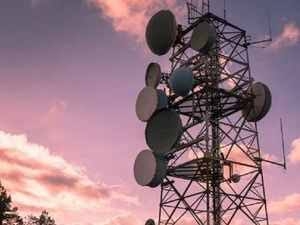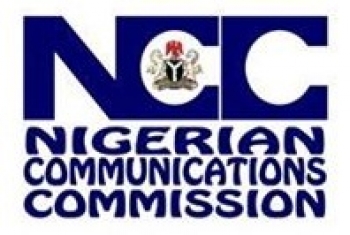Telcos connect 2.6 million Nigerians online as gender gap persist
It has been a great new year start for telecommunications operators in Nigeria as about 2.6 million people were brought online in January.
Nigerian Communication Commission's statistics showed that MTN, Globacom, Airtel and 9Mobile, pushed Internet subscription from 126.1 million as at December 2019 to 128.7 million in January 2020.
Also, an exponential growth was recorded in voice subscriptions in the New Year, with some 1.2 million persons in the country becoming active telephone users in January, by so doing, pushing the figure from 184.6 million to 185.9 million.
Further analysis of the statistics showed that Broadband users also moved up by 1.31 million in January from 72.1 million to 73.4 million, which showed a percentage leap of 0.69 percent.
Analysis of market dominance by the operators showed that MTN users as at January stood at 70.7 million, and 38 percent penetration. Mike Adenuga’s Globacom is second, with 27.7 percent market share and 51.8 million users. India’s Bharti Airtel is third with 49.9 million subscribers and 26.9 percent penetration.
9Mobile, which recently announced an injection of $220 million into network upgrade and injection had 13.2 million users as at the period under review with a market penetration of 7.08 percent.
Meanwhile, to make recharge services a lot easier for customers, MTN has introduced a new naming convention for their virtual top-up services, it is called Topit.
Topit provides an efficient means of recharge for data and airtime distribution across diverse forms of electronic recharge. With improved user experience, it mitigates against any perceived price distortions and eliminates the irregularities associated with recharge PINs / Vouchers / Cards. With Topit, MTN customers can buy airtime as low as one naira and up to three million naira.
It is also beneficial to retailers, trade partners and potential new partners as it provides ease of entry to start a recharge business, while saving costs of warehousing and inventory management.
Speaking at the unveil, Chief Sales & Distribution Officer, MTN Nigeria, Adekunle Adebiyi said, “We have launched this platform as part of our continuous drive to make customers’ lives easier, brighter and better. We believe in a modern connected world, one in which our customers can get solutions at the snap of their fingers. This is what Topit delivers. We are excited at the amazing opportunities this platform offers our customers, retailers and trade partners.”
In a related development, Sub-Saharan Africa (SSA) remains the second-worst region in the world when it comes to the mobile gender gap, according to a new GSMA report.
The Mobile Gender Gap Report 2020 found that the divide is still widest in South Asia at 51 per cent followed by SSA at 37 per cent.
Overall the mobile gender gap has narrowed globally, with 54 per cent of women in low- and middle-income countries (LMICs) now using mobile Internet, up from 48 per cent in 2018 and 44 per cent in 2017. Despite this progress, the gender gap in mobile Internet use in LMICs remains substantial, with over 300 million fewer women than men accessing the Internet on a cellphone.
The GSMA also compared male and female mobile ownership and mobile Internet use in a few different African countries. Of all surveyed countries globally.
Mozambique has the lowest level of ownership, with only 46 per cent of women owning a mobile phone compared to 56 per cent of men.
In Uganda, 69 per cent of women own phones compared to 84 per cent of men and in Senegal 71 per cent of women own phones compared to 73 per cent of men. The top-ranked African countries were Algeria and Kenya, where 86 per cent of women own mobiles, followed by Nigeria and South Africa, where 83 per cent of women own cellphones.
When it comes to mobile Internet users South Africa had the most women using mobile Internet at 58 per cent, followed by Algeria at 55 per cent. The bottom-ranked African nation was Uganda, with just 13 per cent of women using mobile Internet, followed by Mozambique at 17 percent.
Meanwhile, literacy and digital skills remain the greatest barrier to mobile Internet for women in Africa. Low literacy levels are a key factor in several markets. For example, in Nigeria, 27 percent of women and 22 percent of men who are aware of, but do not use the Internet, cited it as the most important barrier.
Affordability is also a particular barrier in SSA, where it has risen to be the top barrier for men and the second most important barrier for women.
In Kenya, 38 percent of men and 33 percent of women cited affordability as the single most important barrier to adoption. Affordability has also increased in significance as a barrier and in Mozambique it was cited as a top barrier by an additional 20 per cent of female respondents.


Tue, Mar 10, 2020.
by Emeka Opara